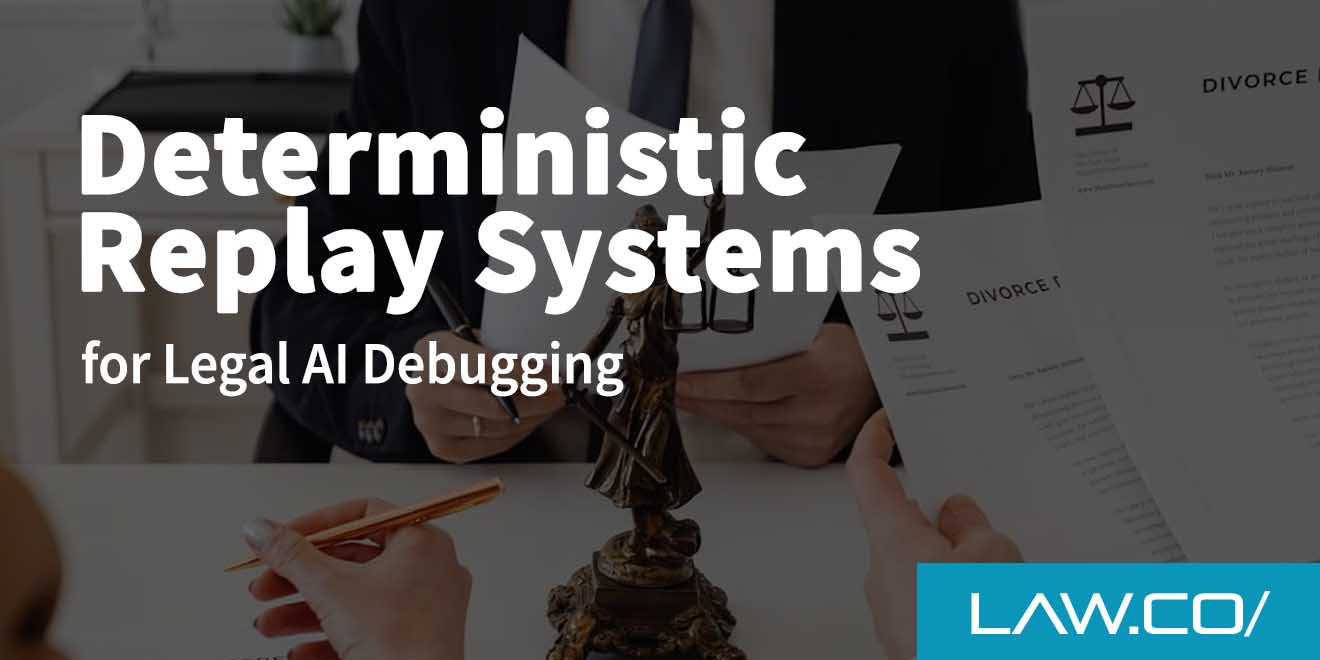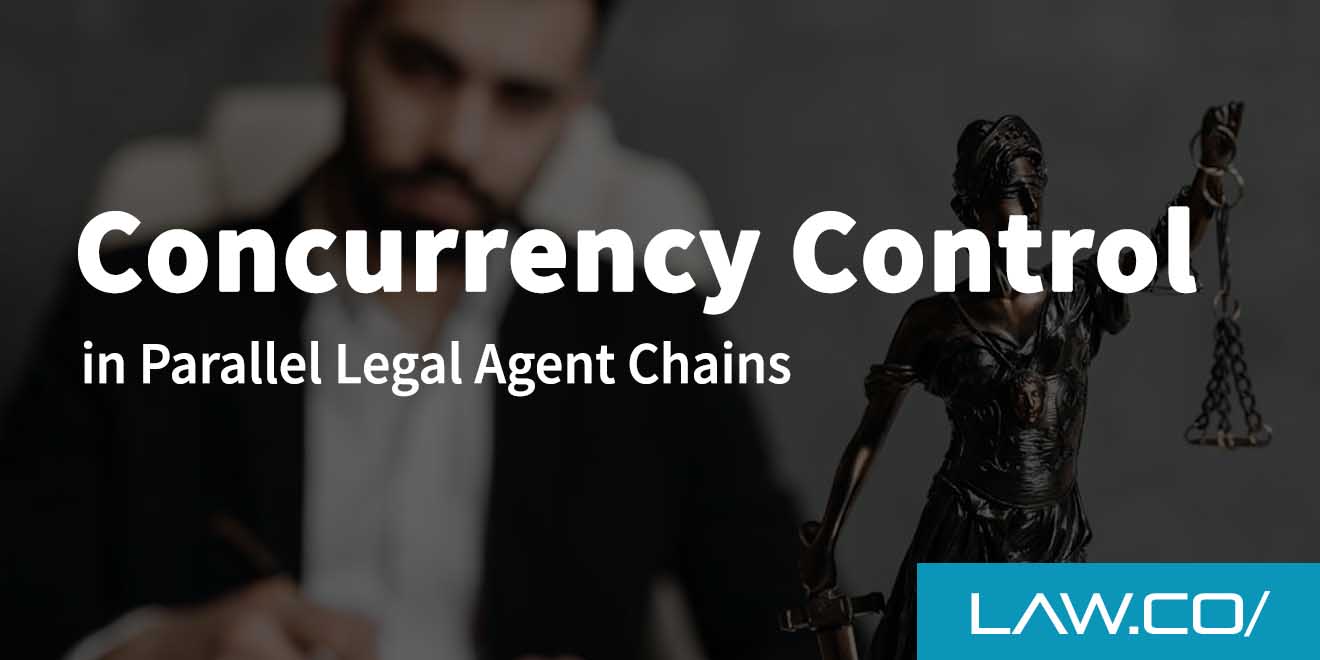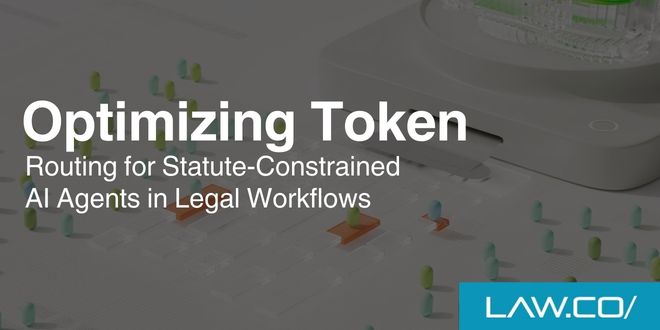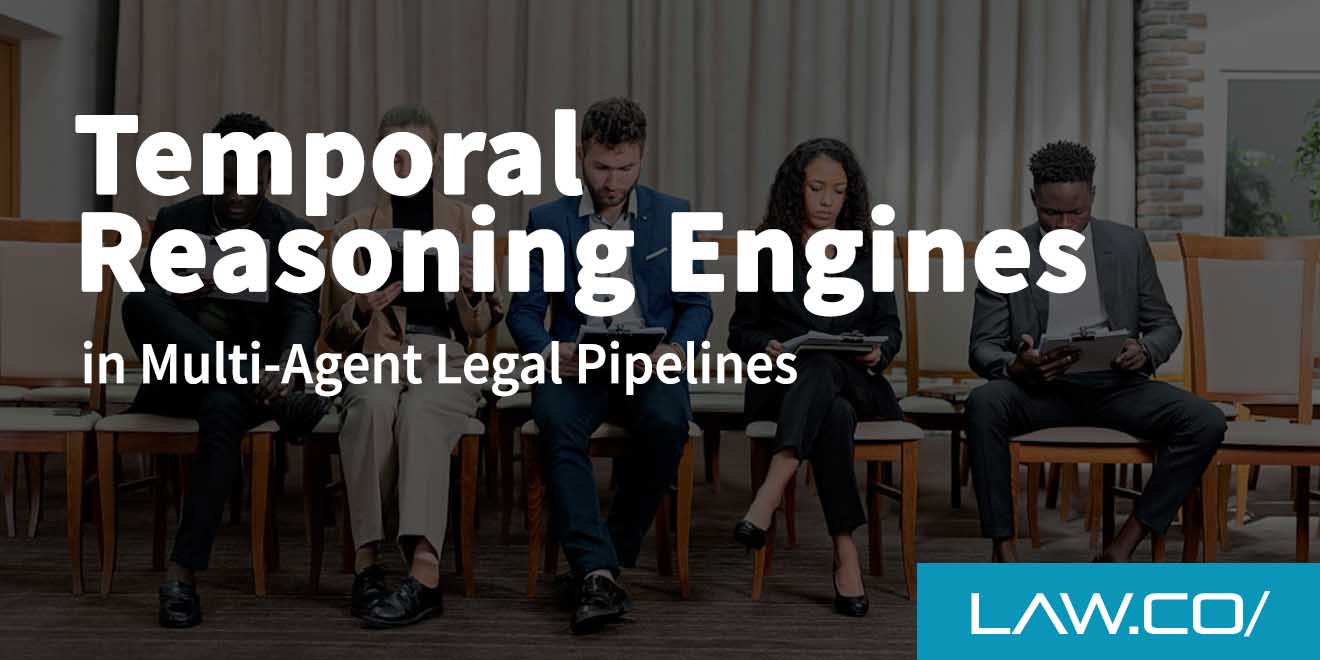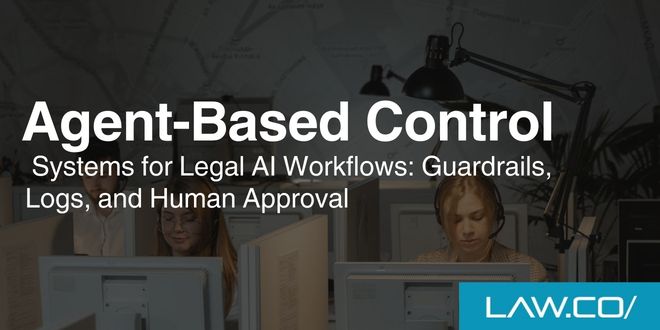

Why Legal AI Is Pushing More Lawyers to Freelancing (and What Comes Next)
By now, we've all felt the impact of AI.Some job markets have been in decline, as AI has taken over human roles.We've all read the stories of AI systems displaying incredible feats of intelligence.And of course, we've all tinkered around with generative AI tools that can make interesting words, images, and videos.But the most disruptive area of AI might be in the legal profession. Legal AI is simultaneously equipping existing lawyers with useful tools beyond our previous comprehension and democratizing access to certain legal skills.One downstream effect of this is that legal AI is pushing more lawyers to pursue freelancing.But why is this the case? What comes next? And what does it mean for the legal industry in the future?
What Is a Freelance Lawyer?
Freelance lawyers, sometimes called contract attorneys, are officially credentialed lawyers who, instead of working full-time at a firm or starting their own independent practice, instead work on a case-by-case basis. Sometimes, they help major law firms with cases they don't have the internal resources to handle. Sometimes, they take on cases completely independently. Sometimes, they do freelance work in addition to other work.Motivations for pursuing freelance work as a lawyer vary from person to person. For some, it's simply a way to make extra money. For others, it's a way to pursue a career in law without having to commit to 40-plus hours a week. For others, it's the only way to make the career fit with their current lifestyle and needs.In any case, it’s not hard to see why freelance lawyers are becoming more popular – and the trend began years before AI began to change the industry. Freelancers, overall, make up more than half of the U.S. workforce now – though this figure also includes full-time workers who freelance on the side. We’re living (and mostly thriving) in the era of the gig economy, and lawyers are no exception to this paradigm shift.That said, legal AI is definitely motivating even more lawyers to turn to freelancing.Why?
The Impact of Legal AI

Let's take a look at all the ways that legal AI is starting to impact the industry.AI for law firms is already equipped with a host of valuable features, and the roster and quality of those features are constantly evolving.These are some of its most notable aspects:
- Legal AI for research. Law firm AI is designed to facilitate faster, more efficient research. Whether you're interested in finding previous cases, better understanding a specific law, or just finding precedent for an argument you want to advance, legal AI can make quick work of the task. Depending on the knowledge base the AI was trained on, the AI will probably give you results far better and more specific than any search engine – and do it in a matter of seconds.
- Legal AI for document drafting. AI is also incredibly powerful for document drafting. If you've ever used a generative AI tool, you know how quickly and competently AI can assemble a coherent piece of writing. Add in a splash of legal knowledge and expertise, and you have an excellent, automated tool for producing basic contracts and other fundamental legal documents. Even though AI tools aren't perfect, they can often get a document to 70 percent completion in a ridiculously low amount of time.
- Legal AI for document review. One of the more mundane aspects of being a lawyer is document review; another, reading and analyzing various documents associated with a case. With the right legal AI tools, you can make quick work of this. AI can read, analyze, and summarize even the most complicated documents far faster than even a team of human beings working together.
- Legal AI for summary and analysis. Sometimes, legal jargon and document links make it hard to concisely summarize or analyze specific pieces. But with a sufficiently powerful legal AI, this becomes a non-issue.
At first glance, these features and capabilities seem very simple.But they've already had very powerful effects on the legal industry. For starters, the introduction of legal AI has led to increased empowerment, efficiency, and speed. Lawyers are now able to tackle even the most repetitive, mundane tasks with incredible efficiency and speed. What used to take several hours now takes only a few minutes (which is why many law students opt for the easy route of AI). And what used to be relegated to only the most experienced lawyers is now sometimes in the hands of entry-level practitioners. This has allowed lawyers to take on more responsibilities, get far more work done in the same amount of time, and even feel more confident in the work they do.Partly as a downstream result of this, there are new roles for lawyers. Previously, firms had to employ entire battalions of lawyers and paralegals to tackle low-level work like document review and document drafting. But now that tools can handle this work competently, those lawyers are focusing on higher-level tasks. It's becoming more important for lawyers to focus on relationship building and high-level strategizing and thinking, rather than on simple items that can now be automated.Law firms are also changing in response to the dawn of legal AI. Among other revolutionary factors, law firms are increasing their demand for tech skills; they want to find people who can properly harness AI technologies in addition to people with great legal minds. Instead of following a strict pyramid style hierarchy, big law firms are becoming more decentralized and distributed, allowing internal lawyers to become more independent. There are smaller teams of junior lawyers, more superstars, and more creativity and innovation throughout the firms.Additionally, many lawyers are steering away from big law firms in pursuit of starting their own firms. It's easier than ever to start your own firm and become independent from entrenched, bureaucratic firms, since AI can often take the place of entire teams of expensive junior workers.At this moment, most lawyers in the industry are acutely aware of these changes and are either open or eager to change their career in line with these changes. It's a transformative time not only for the legal industry as a broad, abstract concept, but also for individual lawyers trying to help people, make money, and advance their own careers.
Why Legal AI Is Pushing More Lawyers to Freelancing

So why exactly is legal AI pushing more lawyers to freelancing?Let's examine the specific factors responsible for this transition:
- Autonomy and independence. Most people desire autonomy and independence in their careers, across all fields. Lawyers are no different. If you're interested in pursuing more autonomy and independence, the best option is arguably freelancing; freelancing gives you the ability to build your career as you see fit, only taking on the cases you want and only working with the people you want. But historically, freelancing has been quite limiting for lawyers, since they don't have the teams, tools, or technologies to do everything themselves. It's been possible, of course, but only recently has it become so accessible and so attractive.
- Overall time savings. Some lawyers have historically been reluctant to pursue freelancing because of the administrative efforts required in such a position. Unlike in a full-time position, freelancing requires you to hunt down clients, do due diligence for projects, maintain relationships, issue invoices, and handle other administrative and organizational tasks. But because legal AI can save so much time, these issues are far less consequential – and in some cases, AI can handle them directly.
- Less need for low-level employees. Traditionally, the standard path to career development in law has been to take on a low-paying, low-level role within a big organization, do grunt work for a few years, and gradually work your way up. But now, the grunt work is largely handled by sophisticated AI. And even if you like or are willing to do the grunt work, many law firms no longer want as many low-level employees as they used to. As such, lawyers have fewer full-time opportunities, and at the same time, freelancing becomes more attractive.
- Demand for human lawyers. AI chatbots can’t attend hearings, though the attempt has already been made. And truthfully, there will probably be dozens of things that only human lawyers can do for the next century. Recognizing this, lawyers may want to cash in. As a freelancer, you can spend more time doing things that only humans can do and less time worrying about mundane, highly repetitive tasks.
- Competition woes. Competition can be a problem in a legal career. If a law firm only has a few open positions and there are many qualified applicants, your chances of getting a full-time position are low. If you start your own firm, you'll have tons of other small firms to compete with, as well as larger firms with more entrenched reputations. As a freelancer, you'll still face some competition, but it won't be as intimidating or as severe.
Keep in mind that these push factors exist in addition to general push factors leading people to freelance more commonly in the gig economy.
Legal AI and Freelance Lawyers: What Does the Future Hold?
So where do we go from here?Is legal AI going to get better?Are we going to see more lawyers transition to a freelance role?Are we going to see fewer people enter the legal profession?These are difficult questions to answer. It's reasonable to suspect that legal AI is going to get better and handle even more tasks in the future, though there will be some things that only human lawyers can do for the foreseeable future. Given all the push factors and the momentum we have, it's reasonable to expect more legal freelancers in the next several years. And the number of people entering the legal profession will probably fluctuate, but remain consistent, given the profession is going to look more attractive to some and less attractive to others due to the presence of legal AI.In any case, what we know is that more lawyers are seeking independence, autonomy, and flexibility in their careers – and legal AI is what’s helping them do it. If you’re interested in learning more about legal AI, or seeing a demo of what it can accomplish, contact us directly today!

%201.svg)


